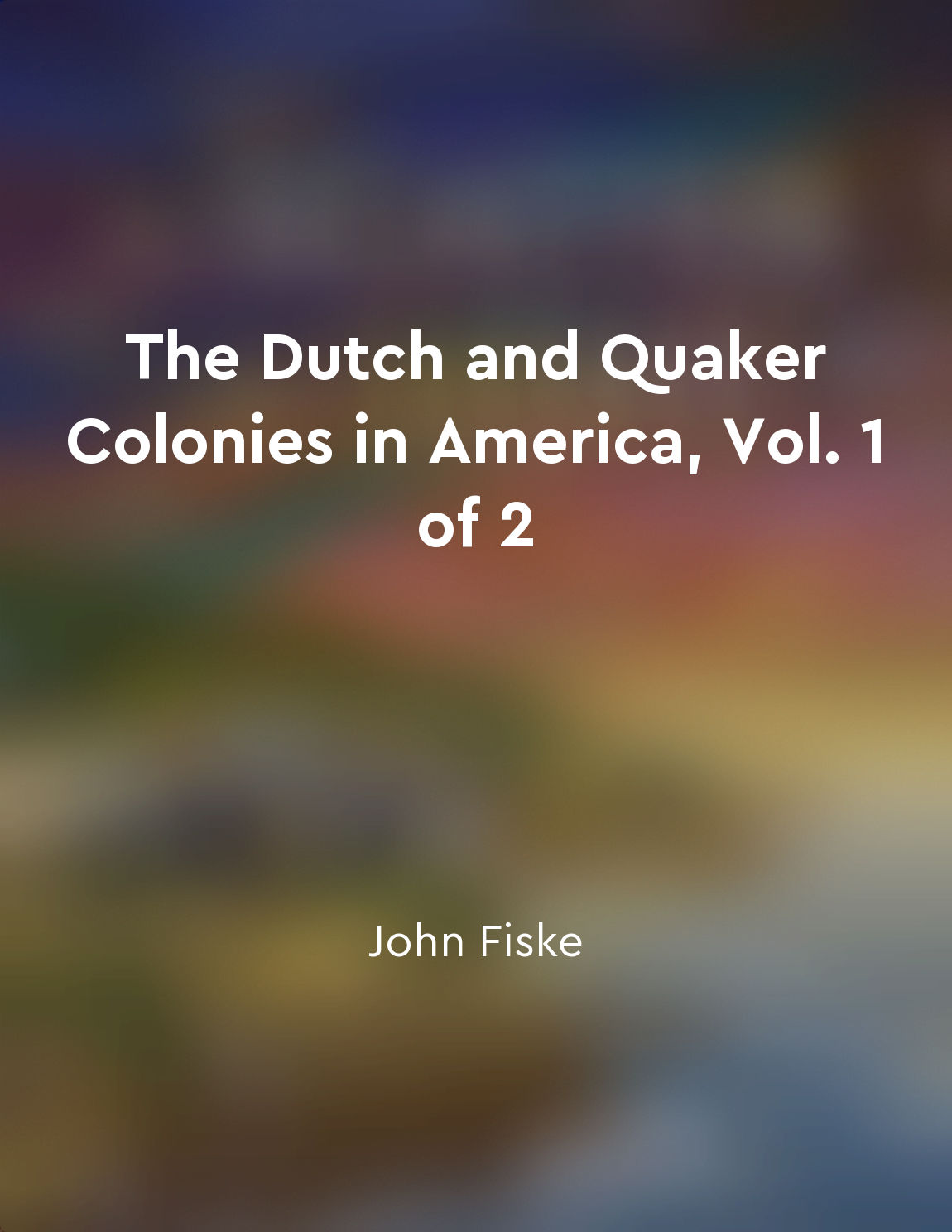The decline of magic was gradual and uneven across different regions from "summary" of Religion and the Decline of Magic by Keith Thomas
Magic did not disappear overnight; its decline was a slow process that varied from place to place. The change was not uniform across different regions, as some areas held onto magical beliefs and practices longer than others. The decline of magic was influenced by a variety of factors, including religious reforms, changes in social attitudes, and advancements in science and technology. In some regions, the decline of magic was more pronounced, as religious authorities actively sought to suppress magical practices that they deemed heretical or superstitious. The rise of Protestantism, for example, led to a rejection of Catholic rituals and beliefs, which included many forms of magic. Protestant reformers viewed magic as a form of idolatry and sought to eradicate it from their communities. On the other hand, in areas where Catholicism remained dominant, magical practices continued to coexist alongside official religious beliefs. The Catholic Church, while condemning certain forms of magic, also incorporated elements of magical thinking into its own rituals and practices. This syncretism allowed for the continued popularity of magic in Catholic regions, even as it waned in Protestant ones. In addition to religious influences, social attitudes played a role in the decline of magic. As societies became more urbanized and interconnected, traditional magical beliefs began to lose their relevance. The growth of cities brought with it new forms of entertainment and leisure activities that competed with magical practices for people's attention. Advancements in science and technology also contributed to the decline of magic. The rise of empirical methods of inquiry and the spread of scientific knowledge served to debunk many magical beliefs and practices. As people became more educated and exposed to new ideas, they began to question the validity of magical thinking.- The decline of magic was a complex and multifaceted process that unfolded gradually over time. It was not a uniform phenomenon, as different regions experienced the decline of magic in varying degrees and at different rates. Ultimately, a combination of religious, social, and intellectual factors contributed to the gradual disappearance of magical beliefs and practices from Western society.
Similar Posts

Economic interests drove Dutch colonization
The Dutch colonization of America was primarily motivated by economic interests. The Dutch West India Company was established w...
Religious beliefs lead to harmful and divisive behavior
Richard Dawkins argues that religious beliefs often result in harmful and divisive behavior. This is evident in the numerous in...
The Catholic Church condemned many magical beliefs and practices as heretical
The Catholic Church took a firm stance against various magical beliefs and practices, deeming them heretical. This condemnation...
Understanding the decline of magic helps to illuminate broader changes in society
The decline of magic is not simply a matter of the disappearance of superstitious beliefs and practices. It is a phenomenon tha...
Justice and punishment in the magical world
Justice in the magical world is a complex and multifaceted concept. It involves not only the enforcement of laws and regulation...
Witchcraft trials reflected widespread fears of magical harm
The witchcraft trials were a reflection of the prevailing anxieties about the potential dangers of magical practices. People in...
Venezuela's extractive institutions led to economic collapse
Venezuela's extractive institutions, which concentrate power and wealth in the hands of a few elites, have been a driving force...
Revolutions in America and France challenged monarchies
In the late 18th century, significant upheaval was witnessed in both America and France. These revolutions were not just about ...

